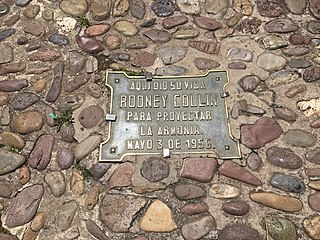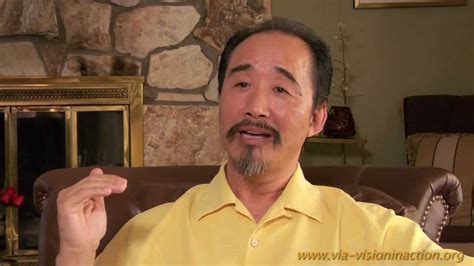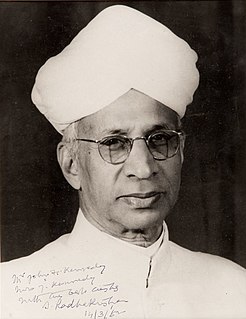A Quote by Rodney Collin
When true self-remembering comes, one does not want to alter oneself, or others; one somehow rises above their weaknesses and one's own. There can be no blame anywhere. One swallows what is, and becomes free.
Related Quotes
Think... of the world you carry within you, and call this thinking whatever you want to: a remembering of your own childhood or a yearning toward a future of your own - only be attentive to what is arising within you, and place that above everything you perceive around you. What is happening in your innermost self is worthy of your entire love; somehow you must find a way to work at it.
The true Enlightenment thinker, the true rationalist, never wants to talk anyone into anything. No, he does not even want to convince; all the time he is aware that he may be wrong. Above all, he values the intellectual independence of others too highly to want to convince them in important matters. He would much rather invite contradiction, preferably in the form of rational and disciplined criticism. He seeks not to convince but to arouse - to challenge others to form free opinions.
Everyone talks about freedom. All around the world different people, different races, different countries are fighting for freedom. But what is freedom? In America we speak of living in a free country. But are we really free? Are we free to be who we really are? The answer is no, we are not free. True freedom has to do with the human spirit-it is freedom to be who we really are. Who stops us from being free? We blame the government, we blame the weather, we blame our parents, we blame religion, we blame God. Who really stops us from being free? We stop ourselves.
Therefore the Sage embraces Unity, and is a model for all under Heaven. He is free from self-display, therefore he shines forth; from self-assertion, therefore he is distinguished; from self-glorification, therefore he has merit; from self-exaltation, therefore he rises superior to all. Inasmuch as he does not strive, there is no one in the world who can strive with him.
The self (Soul) is the constant-witness consciousness. Through all months, seasons and years, through all divisions of time, the past, present and future the consciousness remains one and self luminous. It neither rises nor sets. The ultimate self is free from sin, free from old age, free from death and grief, free from hunger and thirst, which desires nothing and imagines nothing.
The spiritual journey does not consist of arriving at a new destination where a person gains what he did not have, or becomes what he is not. It consists in the dissipation of one's own ignorance concerning oneself and life, and the gradual growth of that understanding which begins the spiritual awakening. The finding of God is a coming to one?s self.




































